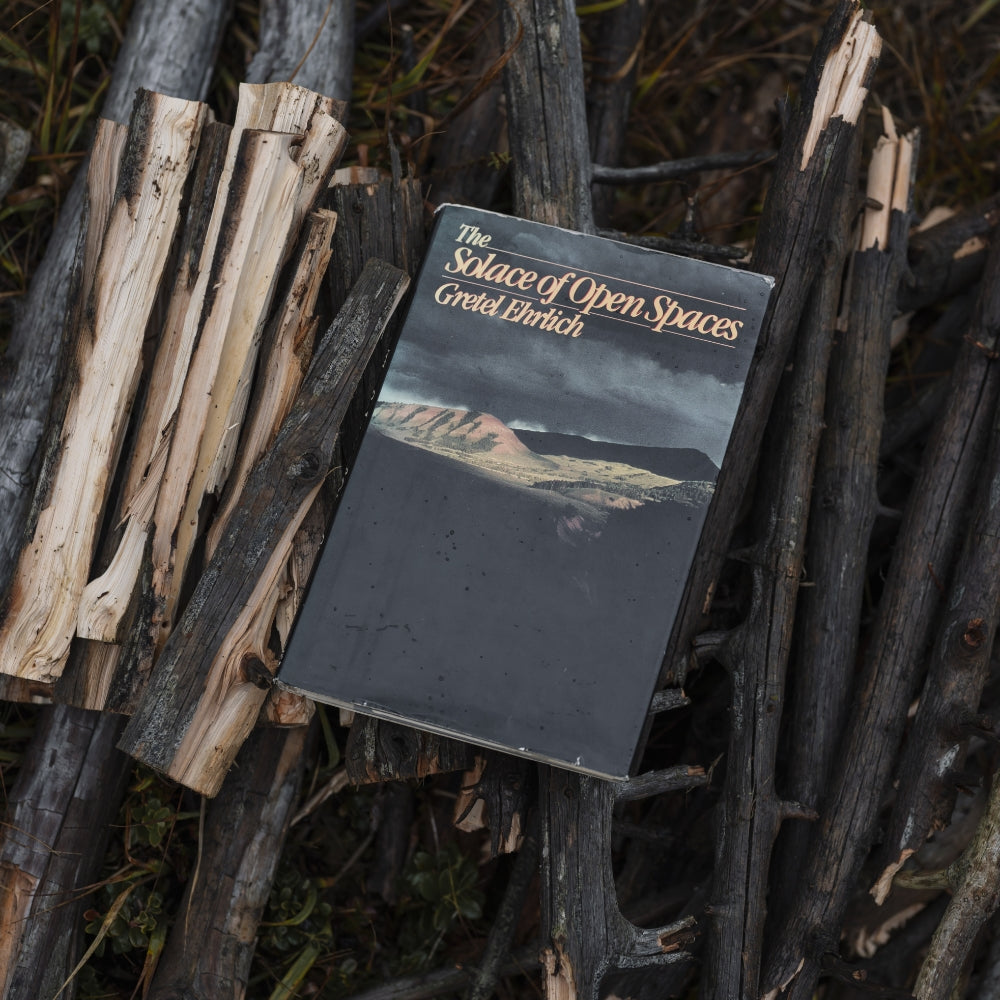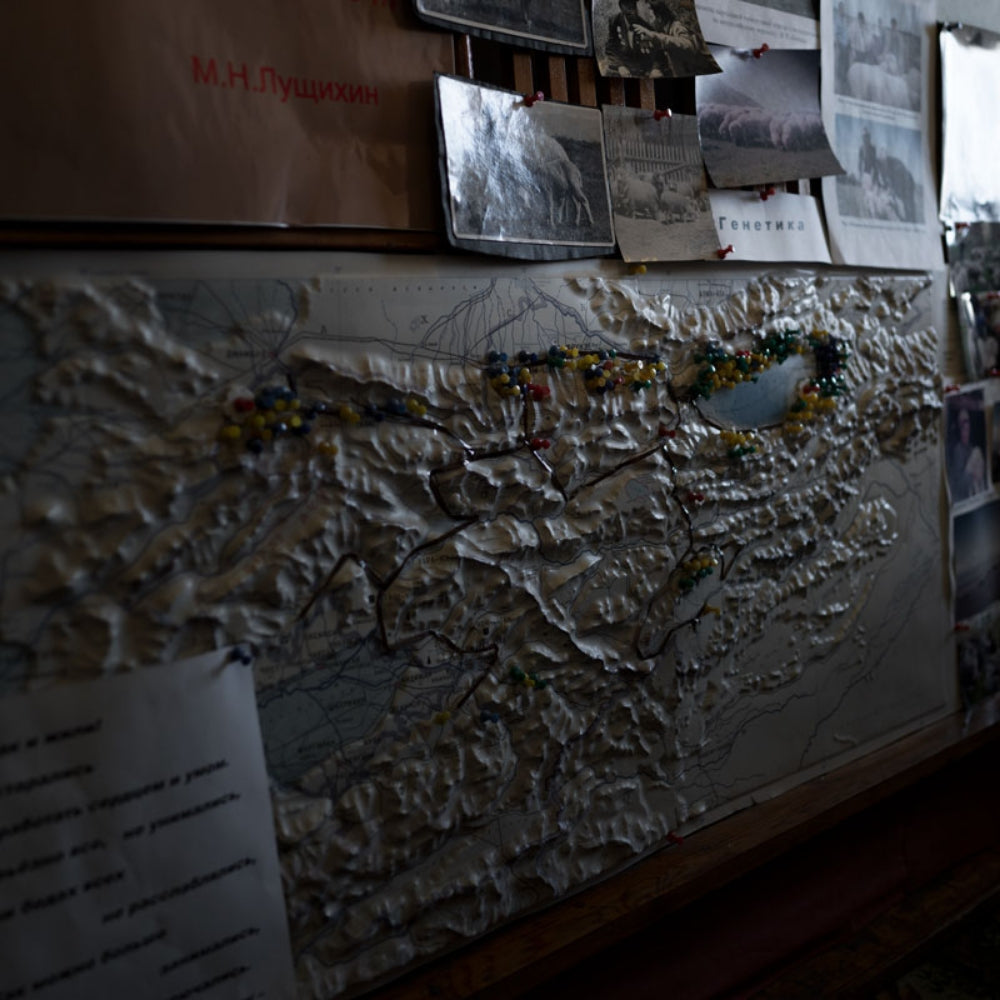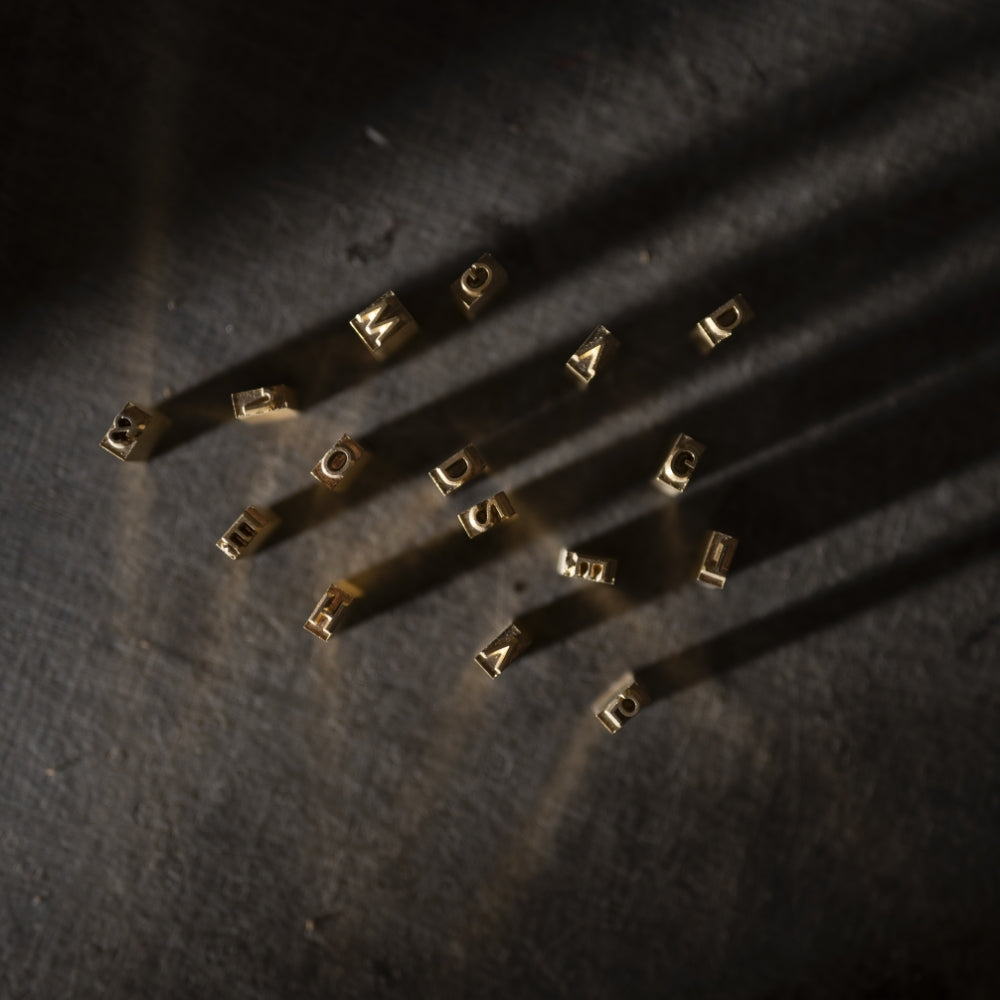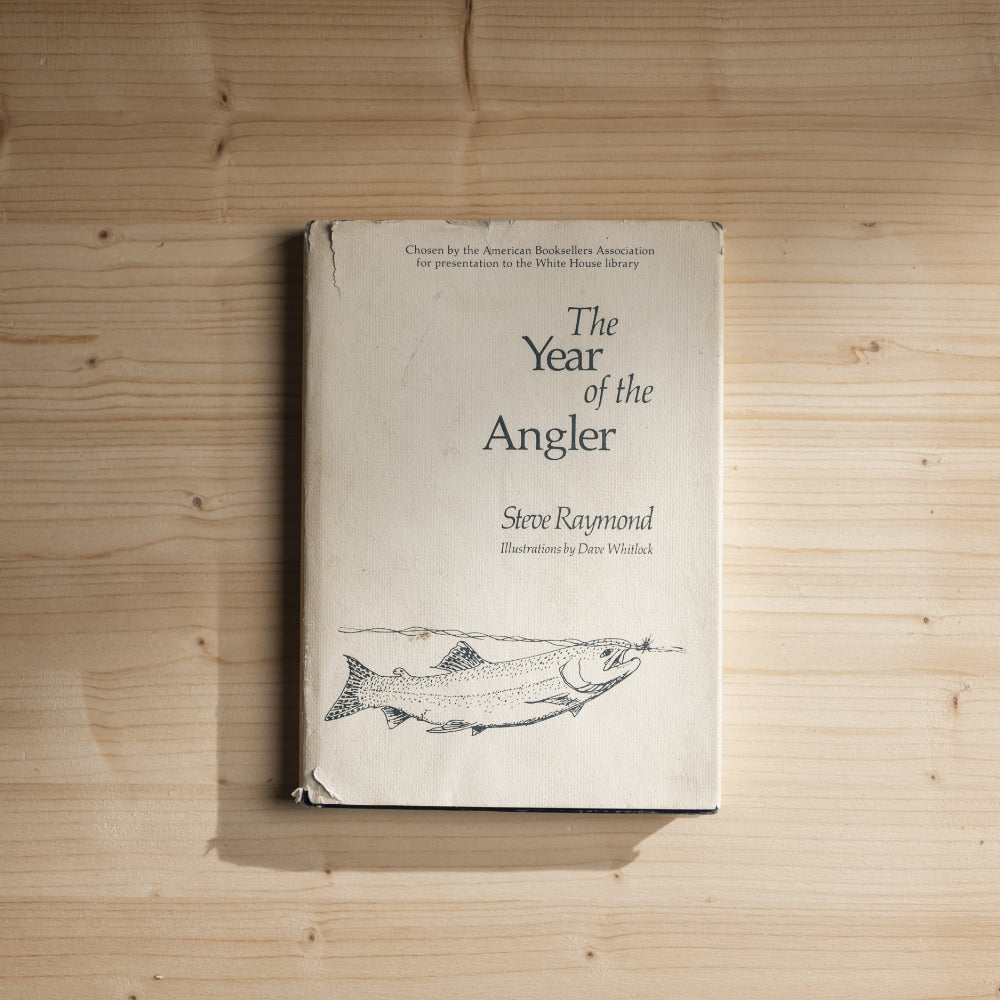Eating Stone by Ellen Meloy is a beautifully crafted, deeply reflective exploration of the American Southwest and the lives of the desert bighorn sheep that inhabit its rugged landscapes. Meloy, a gifted naturalist and writer, uses her keen observational skills and lyrical prose to take readers on a journey into the heart of a harsh but breathtakingly beautiful environment, offering a meditation on the complex relationships between humans, animals, and the land they share.

Ellen Meloy, known for her evocative writing about the natural world, was deeply connected to the desert landscapes she called home. In Eating Stone, she focuses on the desert bighorn sheep, a species that has adapted to one of the most extreme environments on Earth. Meloy’s passion for these animals and her concern for their survival are evident throughout the book, as she weaves together personal reflections, scientific observations, and stories from the field.
The book is structured around Meloy’s observations of the bighorn sheep as they navigate the stark, rocky terrain of the desert. She follows their movements across the landscape, documenting their behaviors, interactions, and the challenges they face in an environment that offers little in the way of comfort or safety. Meloy’s writing is both poetic and precise, capturing the essence of these elusive creatures and the rugged beauty of their habitat.
One of the central themes of Eating Stone is the idea of survival in a harsh and unforgiving world. The desert bighorn sheep are emblematic of resilience, having evolved to thrive in a place where few other species can survive. Meloy explores the ways in which these animals have adapted to the desert’s extreme conditions, from their ability to go long periods without water to their agility on steep, rocky slopes. Through her detailed observations, she reveals the delicate balance that exists between the bighorn sheep and their environment, a balance that is increasingly threatened by human activity.
Meloy also delves into the history and mythology of the desert bighorn sheep, examining their significance to the indigenous cultures of the Southwest and their role in the broader ecosystem. She reflects on the challenges of conservation in a landscape that is both remote and vulnerable, discussing the efforts to protect the bighorn sheep from threats such as habitat loss, disease, and climate change. Her writing is infused with a sense of urgency and a deep respect for the natural world, making Eating Stone not just a book about wildlife, but a call to action for those who care about the preservation of wild places.
Throughout Eating Stone, Meloy’s prose is marked by a deep sense of place. Her descriptions of the desert are vivid and immersive, bringing the reader into a world of stark contrasts—blazing heat and bitter cold, towering cliffs and deep canyons, desolation and vitality. The landscape itself becomes a character in the narrative, a powerful force that shapes the lives of the creatures that inhabit it. Meloy’s love for the desert is palpable, and her writing conveys the awe and wonder she feels in the presence of such raw, untamed beauty.
Eating Stone is also a deeply personal book. Meloy’s reflections on her own life and experiences are intertwined with her observations of the bighorn sheep, creating a narrative that is both intimate and universal. She explores the themes of solitude, survival, and the search for meaning in a world that can be both beautiful and brutal. Her writing is introspective and thoughtful, inviting readers to consider their own connections to the natural world and the impact they have on the environment.
Eating Stone by Ellen Meloy is more than just a natural history book; it is a profound exploration of the interconnectedness of all life and the delicate balance that sustains it. Meloy’s passion for the desert and its inhabitants shines through in every page, making this book a moving and inspiring read. Her ability to blend scientific insight with lyrical prose creates a narrative that is both intellectually stimulating and emotionally resonant.
As Meloy eloquently writes, The desert is a place where everything is pared down to its essence, and in that essence, we find the truth. Eating Stone is a must-read for anyone who loves the natural world, who is fascinated by the mysteries of survival, and who seeks to understand the deep connections between all living things. This book will leave you with a greater appreciation for the beauty and resilience of the desert and the creatures that call it home, and a renewed sense of the importance of preserving these wild places for future generations.











